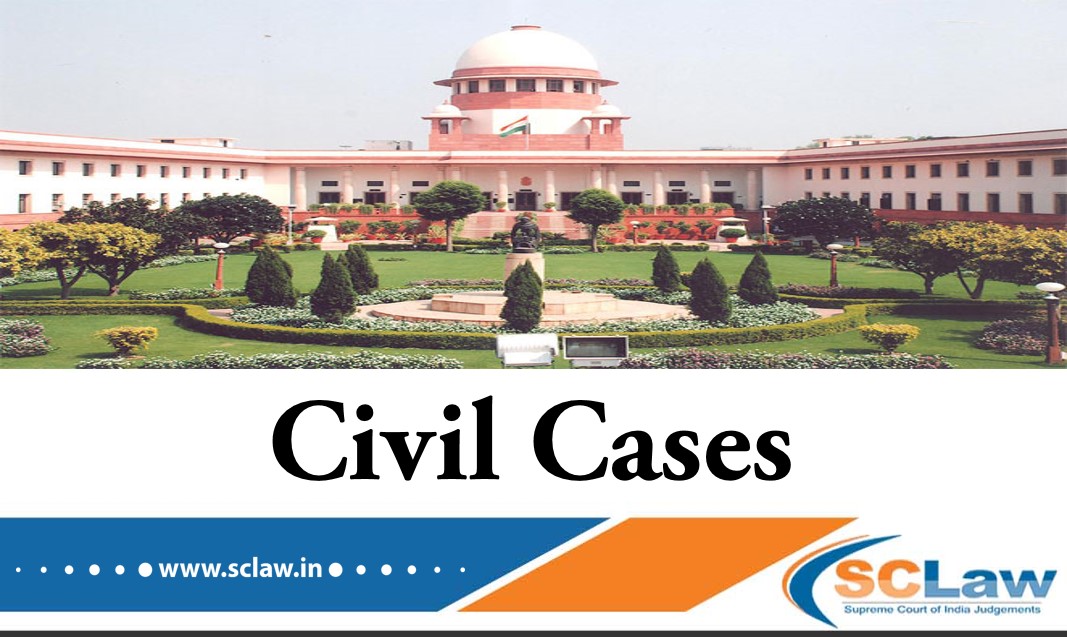Education – Admission – Medical Course – Cut-off date fixed for admission cannot be used as technical instrument to deny admission to appellant when she was arbitrarily denied admission – Court should not pass interim order when admission is disputed.
AIR 2012 SC 3396 : (2012) 6 JT 283 : (2012) 6 SCALE 287 : (2012) 7 SCC 389 : (2012) AIRSCW 4073 : (2012) 4 Supreme 511 SUPREME…







